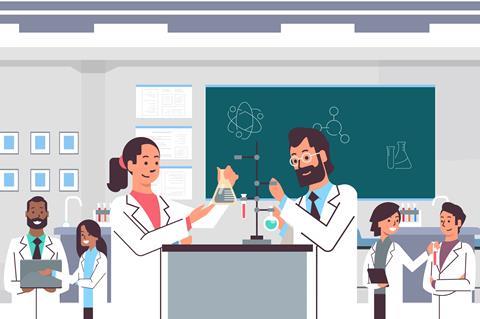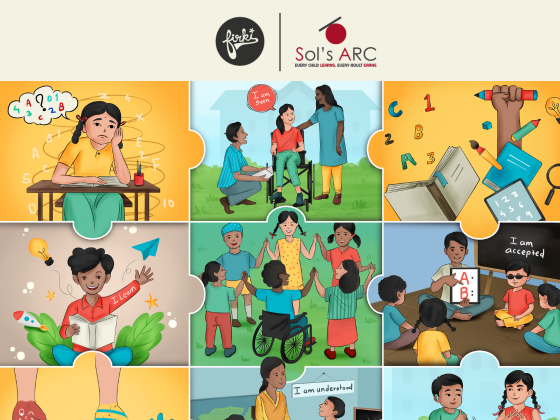
In this undertaking of building capacity and capability among science educators, we offer a six weeks long program aimed at a) reflecting on the necessary pedagogical content knowledge and b) building a sense of continuous professional development, which will help science teachers and science teacher educators address teaching and learning needs in classrooms. Three simple and key outcomes of this program are learning science, learning to teach science, and learning to learn.
If you have any questions, please feel free to email me at tooshan.srivastava@avasara.in. I look forward to interacting with everyone, sharing my experience, and learning from yours.


Firki’s "Unpacking Inclusion in Education" seeks to lay the foundation and provide the overview of concepts relevant to inclusive education from an intersectional lens. Social Exclusion is a harsh reality in today’s India and the Indian Education System is not free from this problem. At Teach For India and Firki we envision that no child in any of India’s classrooms should be left behind because of the social realities of their lives. To cater to every single child in the country and equip educators with the right tools, knowledge, skills and mindset around inclusive classrooms, we want to develop this series of asynchronous courses on different areas of inclusive education. We hope that teachers and educators find meaning, purpose and motivation through these courses to build their classrooms - as spaces where we embrace, accept and affirm.
Learning outcomes:
At the end of the program, the learners should be able to:
Explain the meaning and concept of inclusion.
Examine the need and purpose for inclusion in education.
Explore the meaning of caste, class, gender, religion and disability.
Explain the need for inclusion of caste, class, gender, religion and disability perspectives in education.
Describe the contextualization of the curriculum for the inclusion of caste, class, gender, religion and disability perspectives.
Explore different inclusive pedagogies for serving all children in India.
Analyze our role as teachers and leaders in promoting inclusion for a better India.

